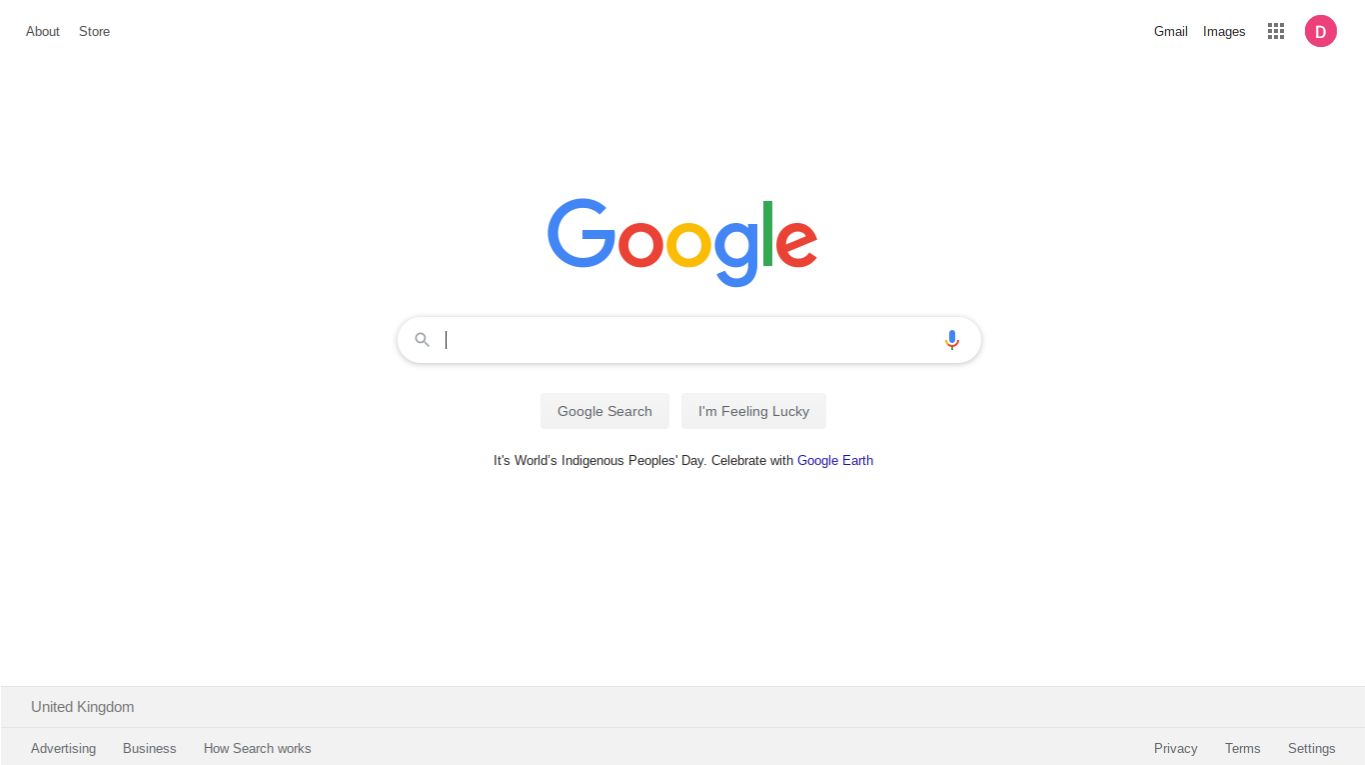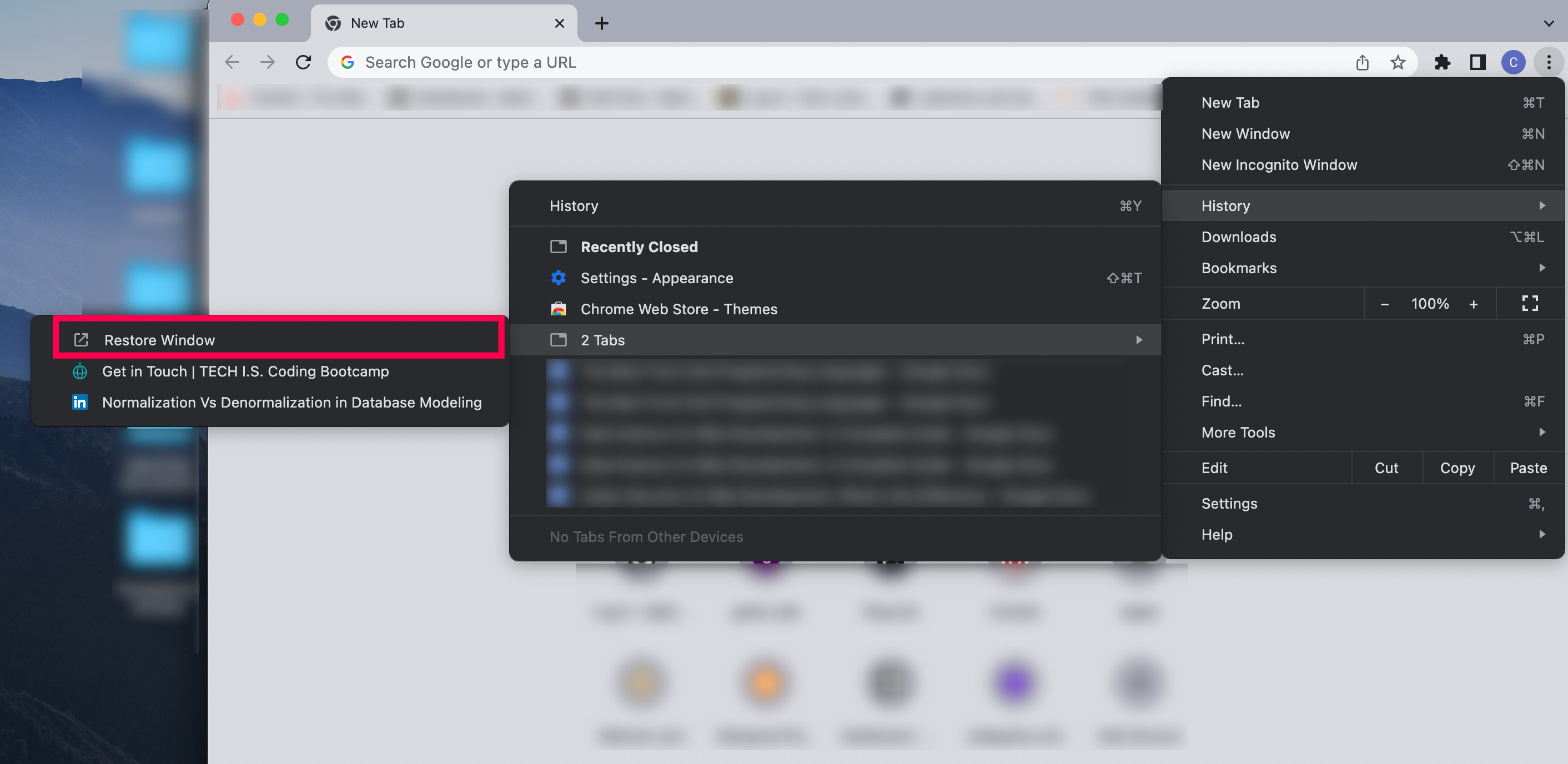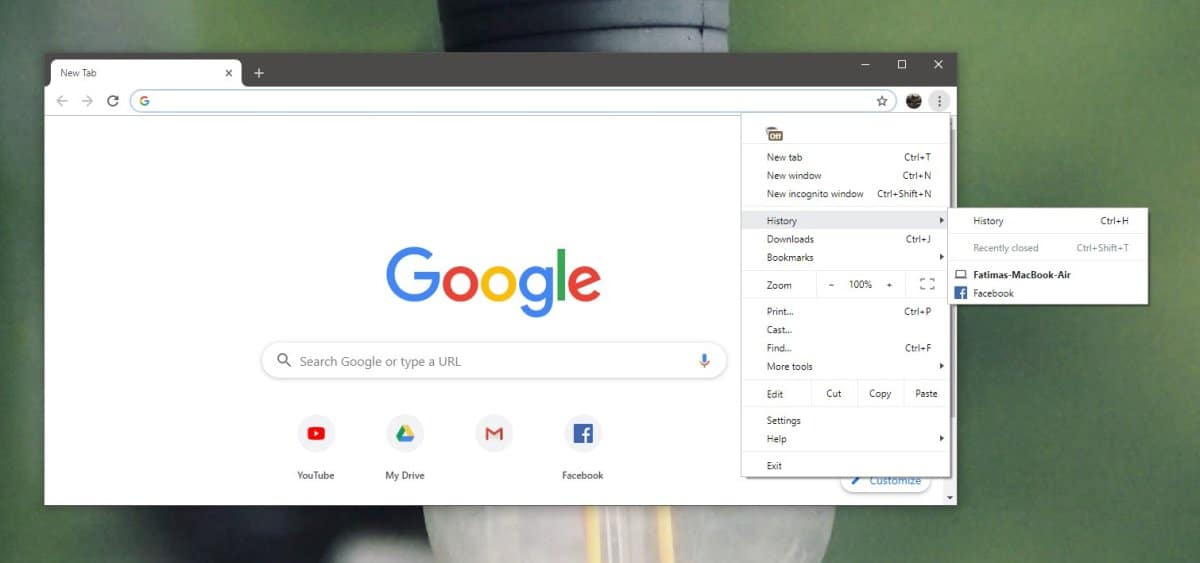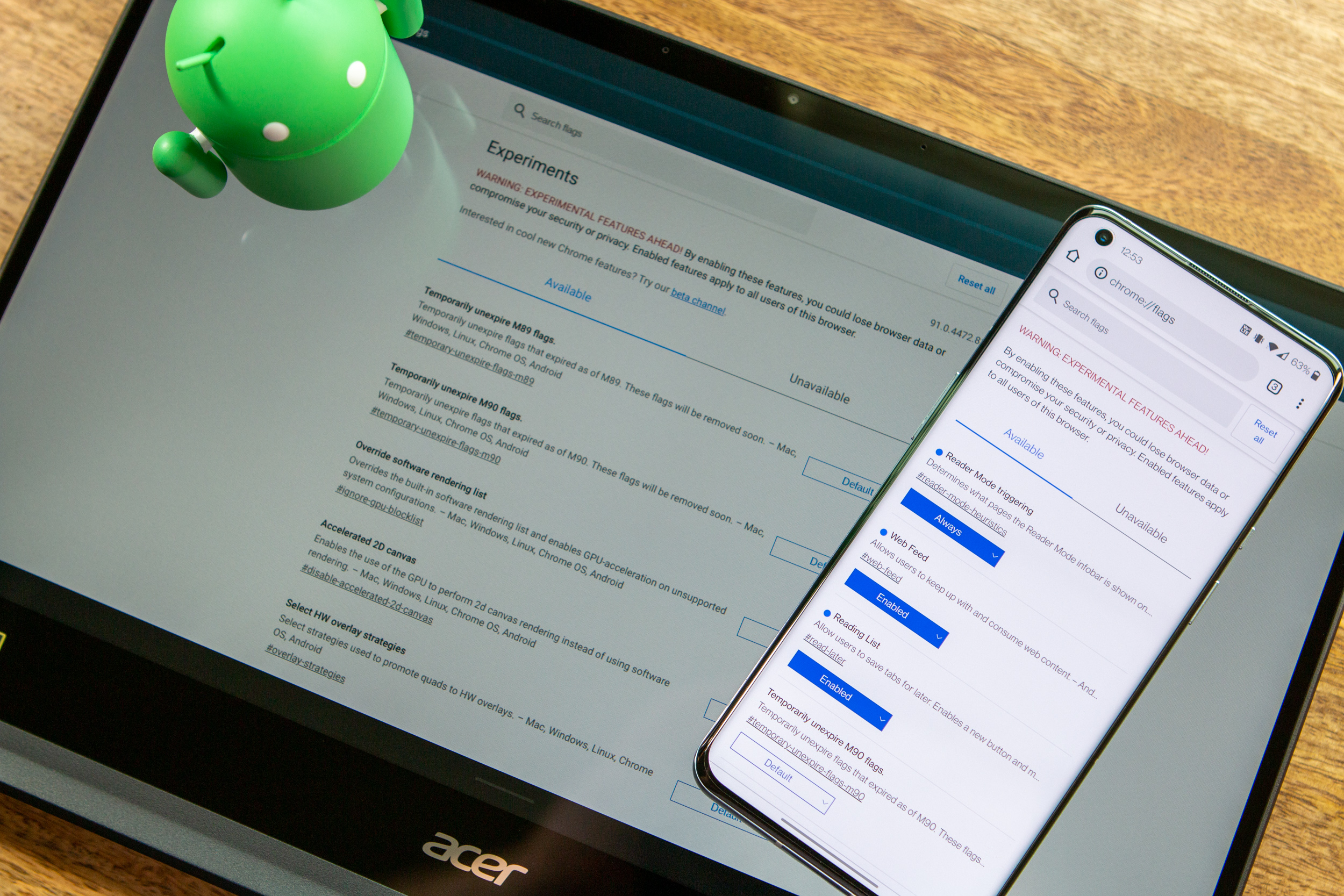Common Causes of Chrome Closing and Reopening
When you find your Chrome browser repeatedly closing and reopening, it can be frustrating and disruptive to your workflow. Understanding the common causes behind this issue can help you troubleshoot and resolve the problem effectively. Here are some of the most prevalent reasons why your Chrome browser may be exhibiting this behavior:
-
Excessive Browser Extensions: One of the primary culprits behind Chrome repeatedly closing and reopening is the presence of numerous browser extensions. While extensions can enhance your browsing experience, having too many of them can overload the browser, leading to instability and frequent crashes.
-
Outdated Browser Version: Using an outdated version of Chrome can also trigger the browser to close and reopen unexpectedly. It's essential to keep your browser updated to ensure that you have the latest bug fixes and security patches, which can help stabilize its performance.
-
Insufficient System Resources: When your computer is running low on memory or processing power, Chrome may struggle to function smoothly, resulting in frequent closures and re-openings. This can occur when running resource-intensive applications simultaneously or when your device has limited RAM.
-
Corrupted User Profile: A corrupted user profile within Chrome can cause the browser to behave erratically, including the issue of closing and reopening. This can happen due to various reasons, such as sudden power loss or a malfunctioning hard drive.
-
Malware or Adware: In some cases, the presence of malware or adware on your system can interfere with Chrome's normal operation, leading to unexpected closures and re-openings. Malicious software can disrupt browser processes and cause instability.
-
Conflicting Software: Certain third-party applications or software installed on your computer may conflict with Chrome, resulting in the browser repeatedly closing and reopening. This can occur when two programs attempt to access the same system resources simultaneously, leading to conflicts.
-
Hardware Issues: Occasionally, hardware-related issues such as overheating, faulty RAM, or a failing hard drive can manifest as Chrome repeatedly closing and reopening. These issues can impact the overall stability of your system and affect the performance of the browser.
Understanding these common causes can provide valuable insights into why your Chrome browser is experiencing frequent closures and re-openings. By identifying the underlying issue, you can take targeted steps to address the problem and restore your browsing experience to its optimal state.
How to Fix Chrome Closing and Reopening Issue
Resolving the persistent problem of Chrome repeatedly closing and reopening requires a systematic approach to identify and address the underlying causes. By implementing the following troubleshooting steps, you can effectively mitigate this issue and restore the stability of your browsing experience:
1. Manage Browser Extensions
Begin by reviewing and managing your browser extensions. Disable or remove any unnecessary or redundant extensions that may be overloading Chrome. Navigate to the "Extensions" section in Chrome's settings and carefully assess each extension's utility. By reducing the number of active extensions, you can alleviate the strain on the browser and minimize the likelihood of unexpected closures and re-openings.
2. Update Chrome to the Latest Version
Ensure that you are using the most recent version of Chrome. To do this, click on the three-dot menu in the top-right corner of the browser, go to "Help," and select "About Google Chrome." If an update is available, Chrome will automatically download and install it. Keeping your browser up to date is crucial for accessing the latest performance enhancements and bug fixes, which can help resolve instability issues.
3. Clear Browser Cache and Cookies
Clearing the browser cache and cookies can eliminate corrupt or outdated data that may be contributing to the closure and reopening problem. Access the "Clear browsing data" option in Chrome's settings and select the appropriate time range for clearing the cache and cookies. This can help refresh the browser's data storage and potentially alleviate the issue.
4. Create a New User Profile
If the problem persists, consider creating a new user profile in Chrome. A new profile can circumvent issues associated with a corrupted user profile, providing a fresh environment for browsing. To create a new profile, access Chrome's settings, navigate to the "People" section, and select "Add." This allows you to establish a new profile and transfer your bookmarks and settings, offering a clean slate for browsing.
5. Run Malware Scans
Perform a comprehensive malware scan using reputable antivirus or anti-malware software. Malware or adware can disrupt Chrome's functionality, leading to unexpected closures and re-openings. Running a thorough scan can help detect and remove any malicious software that may be affecting the browser's performance.
6. Check for Conflicting Software
Review the software installed on your computer and identify any programs that may be conflicting with Chrome. Certain third-party applications can interfere with the browser's operation, causing it to close and reopen unexpectedly. Consider temporarily disabling or uninstalling suspicious software to assess its impact on Chrome's stability.
By diligently implementing these troubleshooting steps, you can effectively address the issue of Chrome repeatedly closing and reopening. Each step is designed to target specific potential causes, allowing you to systematically identify and resolve the underlying factors contributing to the problem. Through this proactive approach, you can restore the seamless functionality of your Chrome browser and enjoy a more stable and reliable browsing experience.
Tips for Preventing Chrome from Closing and Reopening
Preventing Chrome from repeatedly closing and reopening involves proactive measures to maintain the stability and performance of the browser. By implementing the following tips, you can minimize the likelihood of encountering this disruptive issue and promote a seamless browsing experience:
1. Limit Browser Extensions
Carefully evaluate the necessity of each browser extension and limit the number of active extensions to essential ones. By reducing the overall load on Chrome, you can mitigate the risk of excessive resource consumption and potential conflicts that may lead to unexpected closures and re-openings.
2. Regularly Update Chrome
Stay vigilant about updating Chrome to the latest version available. Regular updates not only introduce new features and improvements but also address known issues and vulnerabilities. By keeping your browser up to date, you can benefit from enhanced stability and performance, reducing the likelihood of encountering disruptive behavior.
3. Monitor System Resources
Keep an eye on your system's resource usage, particularly memory and CPU utilization. Avoid running resource-intensive applications simultaneously with Chrome, as this can strain your system and contribute to browser instability. By managing your system resources effectively, you can minimize the risk of Chrome experiencing frequent closures and re-openings.
4. Practice Safe Browsing Habits
Exercise caution when browsing the internet and refrain from clicking on suspicious links or downloading content from untrustworthy sources. Malicious websites and downloads can introduce malware or adware onto your system, potentially impacting Chrome's functionality. By practicing safe browsing habits, you can reduce the risk of encountering issues that lead to unexpected browser behavior.
5. Regularly Clear Browser Data
Periodically clear your browsing history, cache, and cookies to maintain the integrity of Chrome's data storage. Accumulated cache and cookies can become outdated or corrupted, potentially contributing to browser instability. By routinely clearing this data, you can promote a cleaner and more efficient browsing environment, reducing the likelihood of Chrome closing and reopening unexpectedly.
6. Maintain System Security
Ensure that your computer is equipped with reputable antivirus and anti-malware software. Regularly scan your system for potential threats and keep your security software updated to safeguard against malware that could impact Chrome's performance. By maintaining a secure system environment, you can minimize the risk of external factors causing disruptions to your browsing experience.
By incorporating these proactive measures into your browsing habits, you can significantly reduce the chances of Chrome repeatedly closing and reopening. These tips are designed to promote a stable and reliable browsing environment, allowing you to maximize your productivity and enjoyment while using Chrome.

























